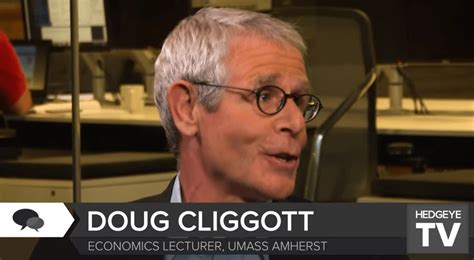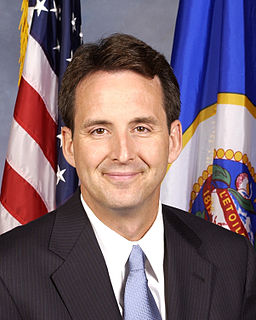A Quote by Donald Trump
I do like low interest rates. I'm not making that a big secret. I think low interest rates are good. I like a dollar that's not too strong. I mean, I've seen strong dollars. And frankly, other than the fact that it sounds good, lots of bad things happen with a strong dollar.
Related Quotes
For equity markets, the combination of low interest rates, strong economic growth and low inflation has proved very beneficial, with global share markets rising solidly in each of the past three years. This has been underpinned by strong growth in profits so that, notwithstanding the rise in share prices, P/E ratios have been declining on average.
The key is if the economic data stays soft, maybe we don't have to worry much about interest rates anymore. Then we need to worry about earnings. What gave us a really strong move in stock prices from late May until about two weeks ago was this heightened optimism that maybe interest rates are at that high. That gave you a relief rally. Now reality is setting in - if we've seen the worst on interest rates then we've seen the best on earnings.
Weaker currencies abroad mean a strong dollar, and a stronger dollar, together with a weak global environment, is a drag on the U.S. economy. So it's important, as it affects overall levels of production and employment in the U.S. There are many domestic industries doing well in the United States, notwithstanding a strong dollar.































